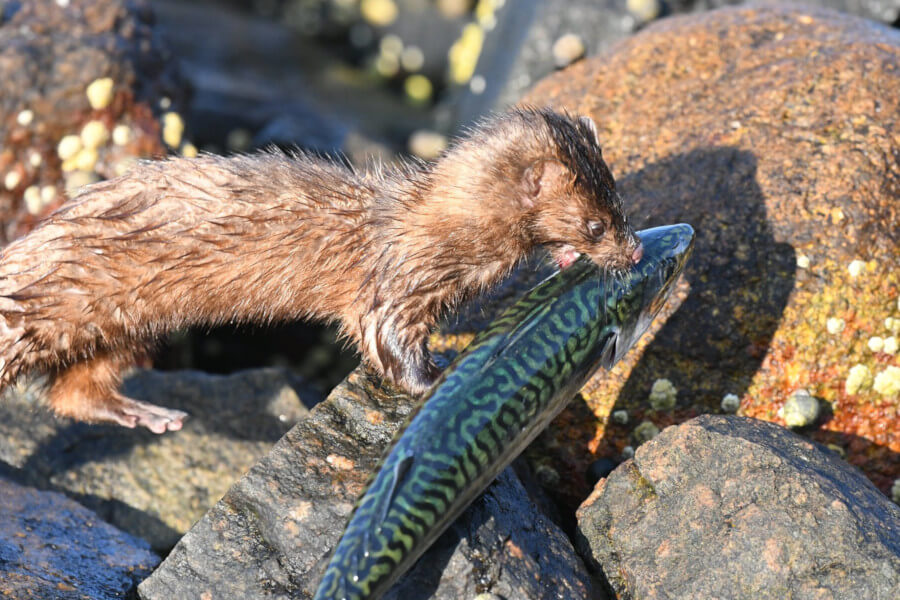
The Massachusetts Division of Fisheries and Wildlife, or MassWildlife, is proposing a rules change that would increase the prices for hunting and fishing licenses for the first time in 25 years. What has some outdoors enthusiasts alarmed is by how much.
The proposed pricing scheme would as much as double fees across the board. For now, MassWildlife is accepting comments on the proposed changes.
“MassWildlife held six information sessions in February and March about the proposed license increase to provide the public with an opportunity to ask questions, make comments, and learn more about MassWildlife’s programs, how MassWildlife is funded, and why a license increase is needed,” said MassWildlife in their announcement. “MassWildlife anticipates scheduling and holding formal public hearings later in the spring.”
The department cites inflation and low enrollment chief among the reasons for the fee changes. In addition, MassWildlife staff has more responsibilities than 25 years ago, and the department is struggling to keep up with state-mandated costs including payroll taxes and the increased costs of health care.
“Unless we act now, the Inland Fish and Game Fund is projected to be out of funds in three years,” they said. The department also pointed out that public participation has dropped by as much as half since 1996.
Still, increasing the costs of enjoying the outdoors to the remaining hunters and fishers in Massachusetts and visitors to the state may seem like a significant burden. Some other states have turned to general outdoors permits to bolster their wildlife department funds to include hikers, backpackers and campers. It’s possible that this kind of policy will only further reduce the sales of hunting and fishing permits.

“It’s not just deer and turkey and ruffed grouse,” said Steve Williams, president of the Wildlife Management Institute according to the Boston Globe’s Billy Baker. “It’s songbirds and shorebirds, insects, all sorts of species that are not hunted. And there’s not a new source of funding to address the management of those species, the conservation of their habitat, and the expertise to do it.”
“More than 50 percent of the people are not hunters, but are bird watchers, dog walkers, people who just want to be out in the woods,” said Department of Fish and Game Commissioner Ron Amidon. “So we need to find a way where all users are supporting wildlife conservation. And the common thought for that is to utilize general funds that all the public pays into.”
See Also: See in the Dark: Hunt Like a Ninja and Shoot Like a Sniper
MassWildlife appears open to any and all suggestions on how to increase revenue by means other than just raising fees and discouraging hunters and fishers. The department is considering expanding hunting lands and fishing waters, increasing public recruiting efforts, allowing hunting on Sundays and expanding archery methods to include crossbows.
One proposal would allow archers closer to residential areas, where coyotes, geese and turkey are growing in populations. “We get complaints that there are too many deer, too many coyotes, too many turkeys, too many geese,” said Amidon. “Our biologists have testified that these are the three greatest changes that could help us manage wildlife.”
